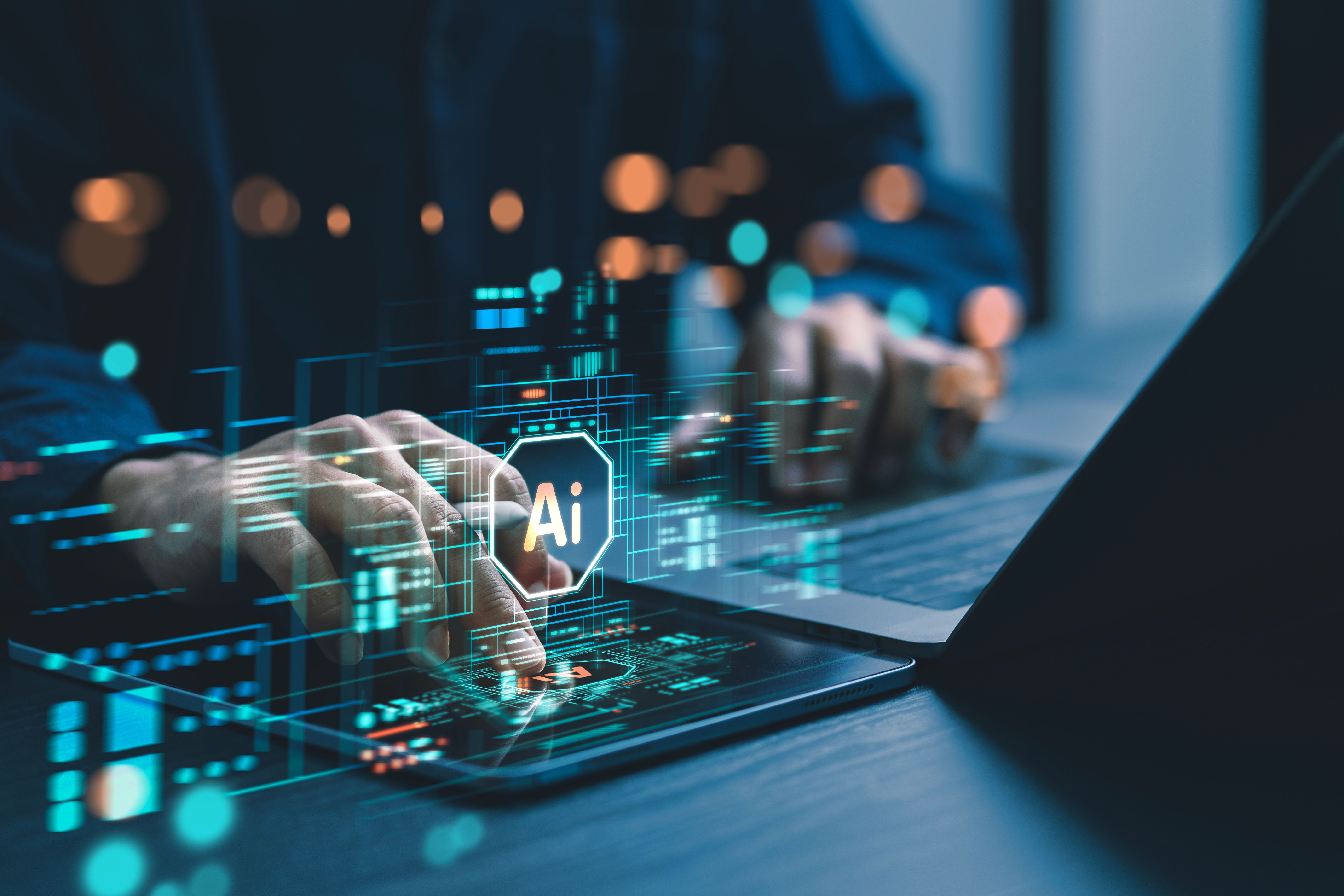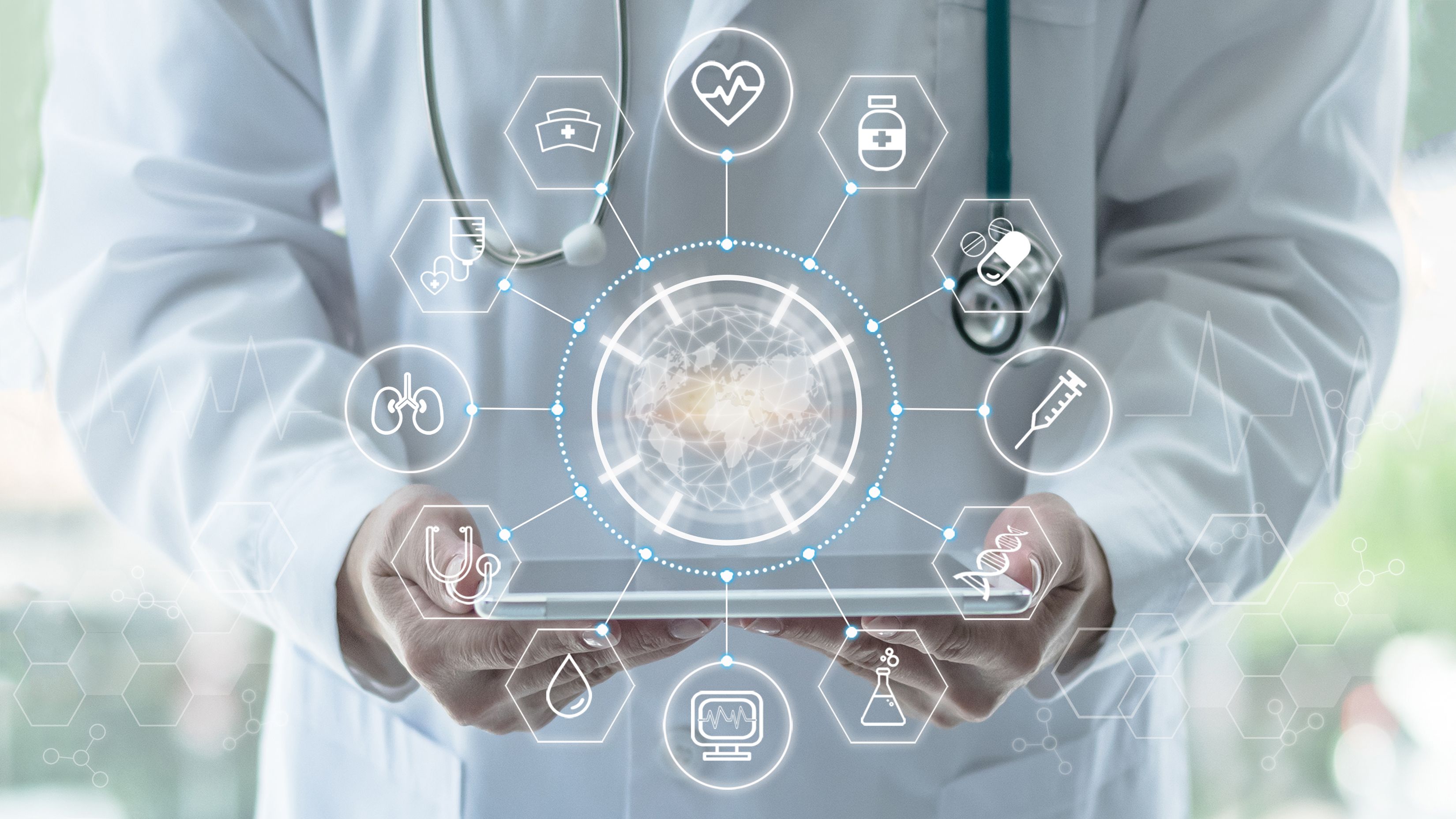The Growing Importance of AI in Everyday Life
Introduction to AI in Everyday Life
Artificial Intelligence (AI) is rapidly becoming an integral part of our daily routines. From smartphones to smart homes, AI technologies are seamlessly weaving into our lives, enhancing convenience and efficiency. This growth in AI's presence is not just a trend; it's a transformational shift in how we interact with technology.

AI in Personal Devices
Smartphones and Virtual Assistants
One of the most common ways we encounter AI is through our smartphones. Virtual assistants like Siri, Google Assistant, and Alexa are powered by AI, enabling them to understand and respond to voice commands. These assistants can perform a myriad of tasks, from setting reminders to providing weather updates, making them indispensable tools in modern life.
Personalized Recommendations
AI algorithms also enhance our digital experiences by offering personalized recommendations. Whether it's suggesting a new playlist on Spotify or recommending products on Amazon, AI analyzes user preferences to tailor content specifically for each individual. This not only improves user satisfaction but also drives engagement and sales for businesses.

AI in the Workplace
Automation and Efficiency
In the professional realm, AI is revolutionizing the workplace by automating repetitive tasks. From data entry to customer service, AI systems can handle mundane activities, freeing up human employees for more strategic roles. As a result, companies are witnessing increased productivity and efficiency.
Data Analysis and Decision Making
AI's ability to analyze vast amounts of data quickly is transforming decision-making processes. Businesses can leverage AI to gain insights from complex datasets, enabling them to make informed decisions faster. This capability is particularly beneficial in sectors such as finance, healthcare, and marketing.

AI in Healthcare
Improved Diagnostics and Treatment
In healthcare, AI is making significant strides in diagnostics and treatment planning. Machine learning algorithms can analyze medical images with high accuracy, helping doctors identify conditions earlier and more reliably. Moreover, AI-driven predictive analytics can help healthcare providers anticipate patient needs and improve treatment outcomes.
Personalized Medicine
The concept of personalized medicine is gaining traction, thanks in part to the advancements in AI. By analyzing genetic information and medical history, AI can help tailor treatments to individual patients, increasing the effectiveness of interventions and reducing side effects.

The Future of AI Integration
The growing importance of AI in everyday life signals a future where technology will continue to evolve and adapt to our needs. As AI becomes more sophisticated, it will open new possibilities for innovation across various sectors. Embracing this change will be crucial for individuals and organizations looking to thrive in an increasingly digital world.